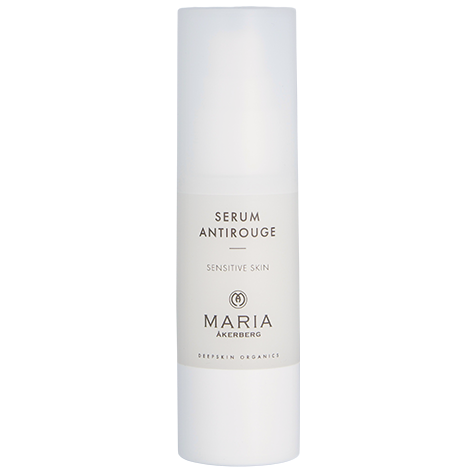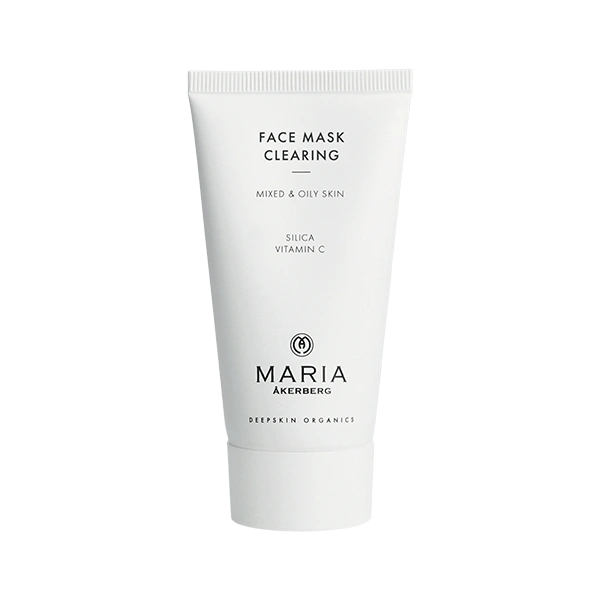What is rosacea?
Rosacea is a chronic inflammatory skin disease that mainly affects the central parts of the face. Although the exact cause of rosacea is still unknown, the disease is thought to be linked to the functioning of blood vessels in the skin and may also be influenced by genetic and environmental factors. Although there is no cure for rosacea, various treatments can effectively reduce symptoms and prevent the condition from getting worse.
Who is affected?
Rosacea affects approximately 10% of the adult population. The condition is most common in women, 30-40 years old, of Nordic descent.
Symptoms and why it is confused with acne
Rosacea develops gradually, with symptoms that can vary widely. Common signs include skin flushing, persistent redness, sensitivity, and visible blood vessels. Small red bumps and pus-filled pimples may also occur, which is why rosacea is frequently mistaken for acne. However, unlike acne, rosacea does not feature blackheads. Typically, rosacea affects the central areas of the face, including the cheeks, nose, chin, and forehead.
Untreated rosacea can lead to rhynophyma, a growth of sebaceous glands that makes the nose rough and lumpy.
Skincare that can relieve symptoms
If you suspect that you have rosacea, you should contact a dermatologist to be diagnosed. If you are then prescribed medication (tetracycline/antibiotics) for this, you can combine them with products from MARIA ÅKERBERG.
Remember that rosacea is a skin condition, not a skin type. Rosacea affects different skin types, which is why you should always take your basic skin type into consideration when choosing skincare products.
- Olive Cleansing: a cleansing cream with Olive Oil, for dry, sensitive and mature skin.
- Serum Antirouge: Calming and strengthening of blood vessels.
- Face Protection: Face cream that soothes irritation and reduces redness.
- Face Balm: Protective in cold and wind.
- The cleansing cure, At Home Treatment Clearing, is recommended when rosacea flares up..
What should you avoid?
Anything that increases the blood flow to the surface of the skin may trigger a worsening of your rosacea. Some examples of this are spicy food, hot drinks, sunlight, hot and cold temperatures, irritants/chemicals (common in skincare), alcohol and stress. Dairy products, sugar and white flour are also recommended that you avoid.
Also avoid our most active products such as Face Lotion Supplement, Night Balm, Royal Facial Oil Supplement and Foaming Wash Clearing.
Guidance
Contact our customer support or a reseller for product advice. During a skincare consultation, you can receive a personalised product recommendation, tailored to your skin. Our retailers are trained in skin diseases and our concept, Deepskin Organics.


